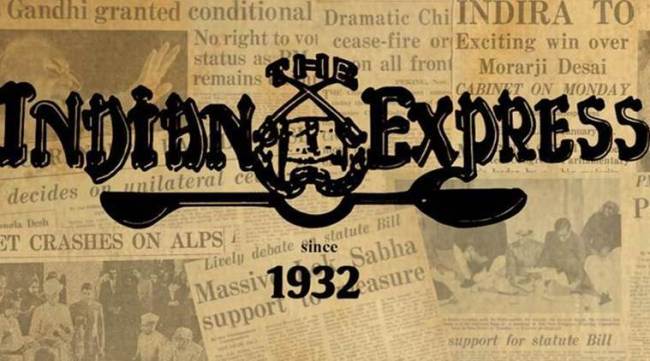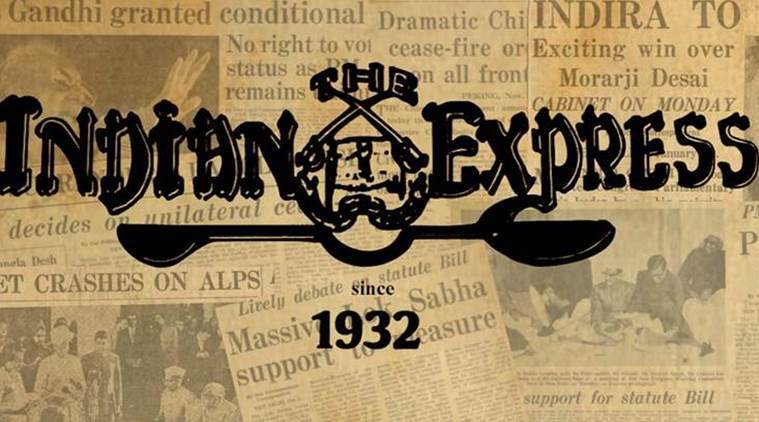Opinion Spoiling the party
Lack of ideological glue and internal democracy, and opaque financing are enhancing mistrust within the political party
 Among Indian and Pakistani comics, it is the contrasts with rail travel and the inherent elitism associated with flying — served on the way by persons speaking a colonial language — that have provided the bulk of the humour.
Among Indian and Pakistani comics, it is the contrasts with rail travel and the inherent elitism associated with flying — served on the way by persons speaking a colonial language — that have provided the bulk of the humour.  It reveals a crisis in India’s party-centric democracy, which is increasingly becoming hostage to big money.
It reveals a crisis in India’s party-centric democracy, which is increasingly becoming hostage to big money.
Just as it became evident that no political party was likely to get a simple majority, a tweet from Kerala Tourism triggered a conversation on social media: “After the rough and tumble of the Karnataka verdict, we invite all the MLAs to unwind at the safe and beautiful resorts of God’s Own Country”. It was prescient. As the political drama unfolded over who gets to form the government, the Congress and the Janata Dal (Secular), which stitched together an alliance after the election and staked claim for office, began preparations to shift their MLAs to safe houses even as HD Kumaraswamy alleged the BJP had offered Rs 100 crore to each of his MLAs. The Congress and JD(S) leaders were evidently unsure that their MLAs could resist the BJP’s alleged overtures. By Thursday evening, 113 of them were on the road to a resort in Hyderabad, under the close watch of party functionaries.
Karnataka has witnessed this scenario before, and so have many other states. The two national parties, Congress and BJP, as well as regional groups such as the Telugu Desam, AIADMK and the JD(S) have at various times been forced to shift entire legislative units to hotels and resorts to prevent poaching of their flock. The immorality of the poachers is self-evident. But what is to be said of political parties that so easily suspect the loyalties of their own legislators? In fact, the fear of defections had driven the Congress, then holding office with the largest ever parliamentary majority in India’s history, to pass the the anti-defection law in 1985. The distrust of one’s own legislators is now endemic to most parties.
It reveals a crisis in India’s party-centric democracy, which is increasingly becoming hostage to big money. The skyrocketing of campaign expenses and opacity in election financing have transformed the character and conduct of parties. Even ideology-bound cadre outfits make compromises on candidate selection and solicit funds from dubious sources to stay in the game. This, in turn, has caused political convictions and affiliations to become fluid and even susceptible to bribes and inducements. Every party is forced to renegotiate relations with its supporter, sympathiser, cadre, leader, candidate during the time of the election and, in times of a fractured verdict, with its legislators.
Political parties are aware of this decline but seem unwilling or incapable of arresting the slide and reinforcing their authority. Much of this is undoing the commendable work that the Election Commission has done to make elections free and fair.





